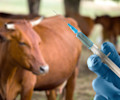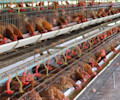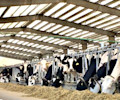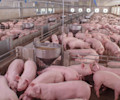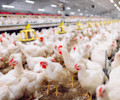FAIRR’s top news picks
Cow Manure From New York Bolstering California’s Emissions Goals
POLITICO | 19 February 2022
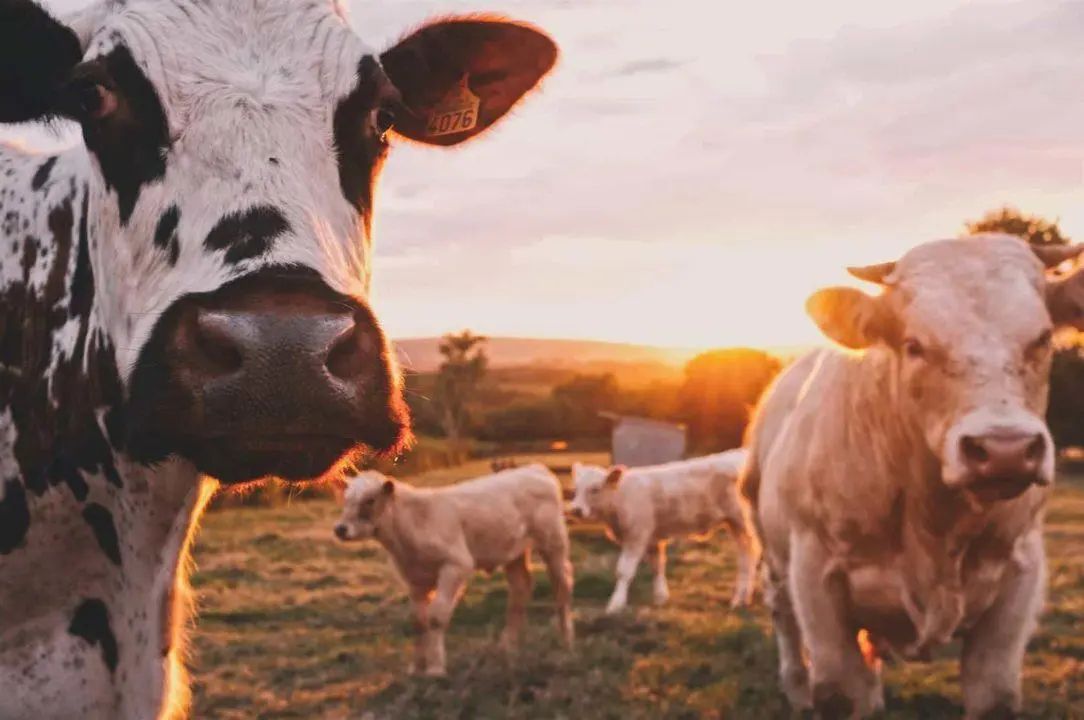
In line with commitments outlined at COP26 last year, cities across the globe are aiming to cut their GHG emissions. As part of their strategies, some states in the U.S., such as California and New York, are using natural gas produced from cow manure as low-carbon fuel for buses and trucks. An increasing number of dairy farms across the country are now installing equipment to capture, clean and sell gas from manure. It is the hope that in the future, more countries will be introducing innovative ways to cut emissions and tackle climate change.
France Bans Imports of Meat From Animals on Growth Antibiotics
Reuters | 22 February 2022

France bans imports of meat from farmed animals that have been treated with growth antibiotics. The ban will force food companies to obtain an assurance from their suppliers that meat does not come from breeding using growth antibiotics, urging them to modify their supply chain if needed. Healthy animals that are given antibiotics develop resistance which makes antibiotics less effective when they are really needed. The FAIRR Initiative leads research on Animal Health, exploring the role of animal pharmaceuticals in driving antimicrobial resistance.
AIM for Climate Raises $8bn to Clean Up Agriculture
Forbes | 24 February 2022
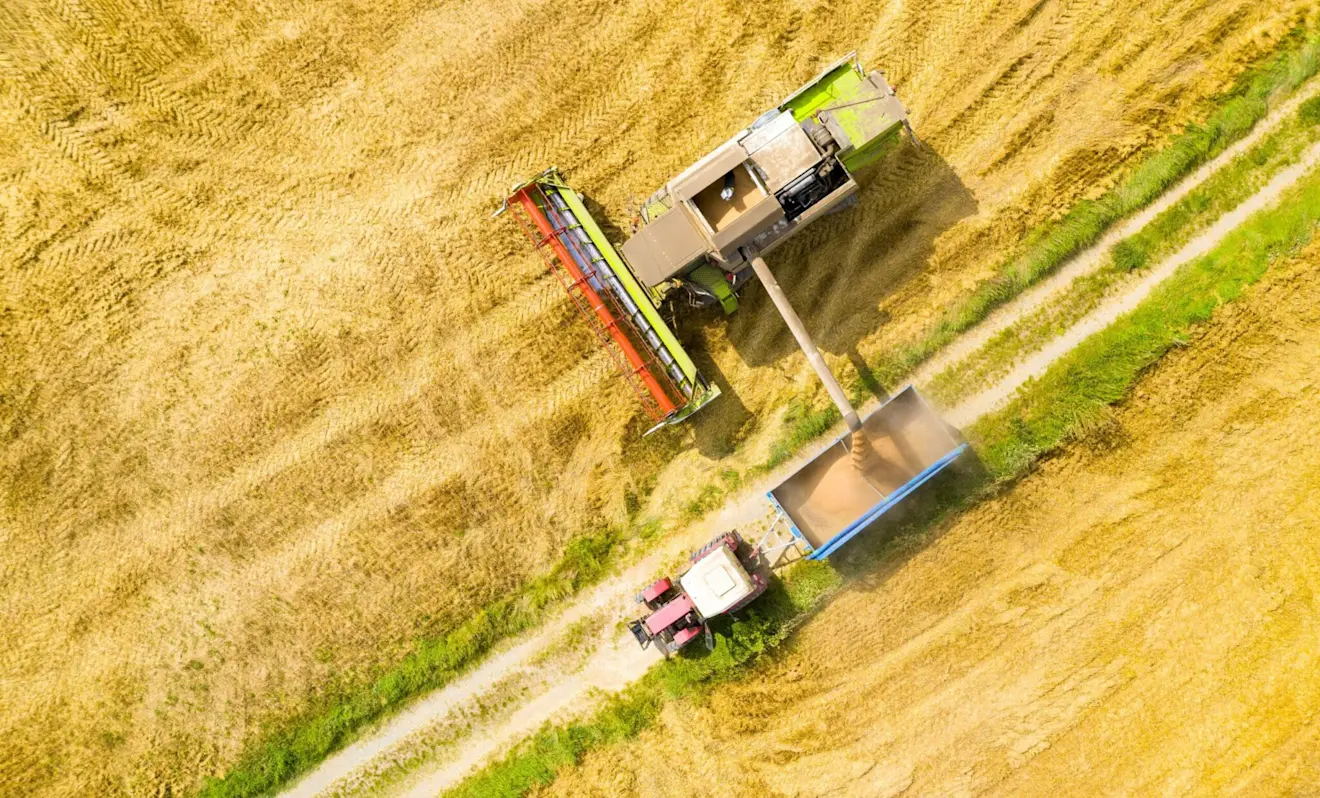
AIM for Climate, a global initiative led by the U.S. and the U.A.E to make farming more sustainable, has doubled its funding to $8bn with six more nations joining efforts to clean up agriculture. The initiative aims to cut methane emissions, introduce new technologies and smallholder farmer innovations, and invest in regenerative agriculture. AIM for Climate boasts ambition as it follows a five-year plan which signals the urgency to achieve results.
Graphic of the Week
There are large differences between data based on measurement campaigns and scientific studies, and the emissions levels reported by official public bodies, such as to the UN Framework Convention on Climate Change (UNFCCC), that rarely make use of direct measured data. A new report by IEA provides more accurate estimates of methane emissions based on the data from the IEA Global Methane Tracker.
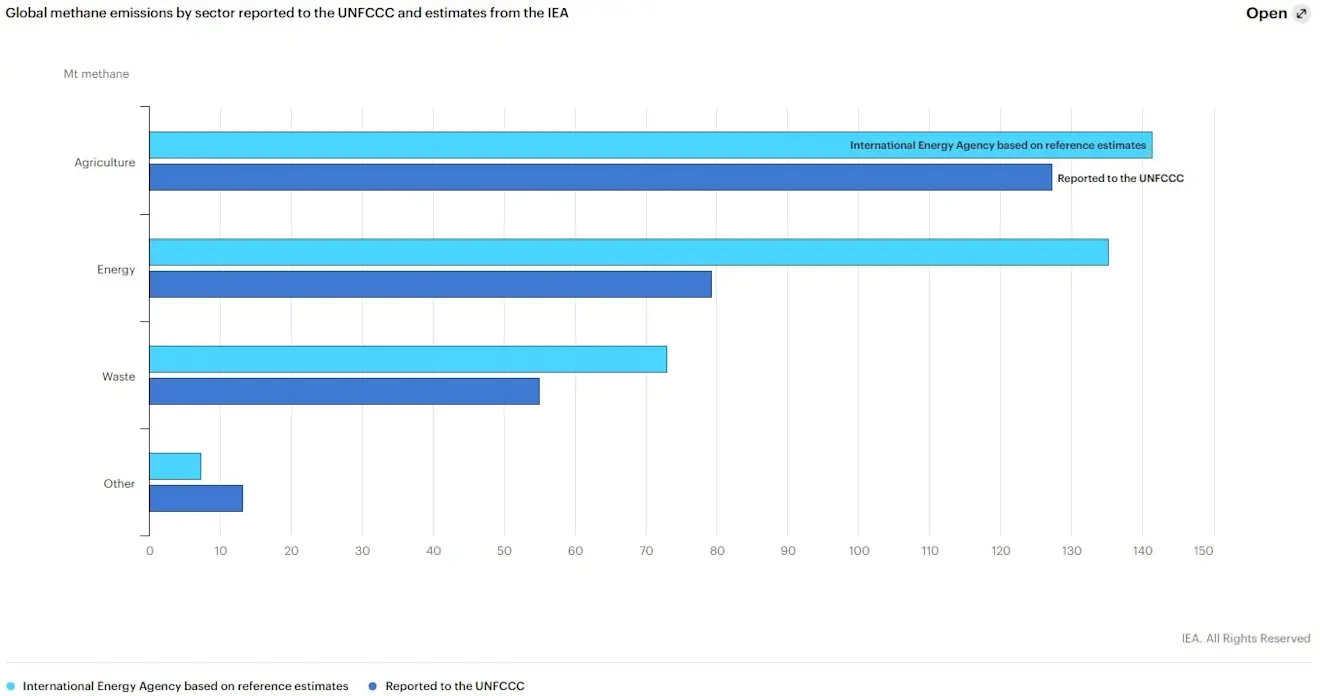
Source: International Energy Agency
More Food for Thought
Farmers Slam UK Government’s ‘Contradictory’ Agricultural Policies | Judith Evans | Financial Times
World’s first octopus farm stirs ethical debate | Nathan Allen and Guillermo Martinez | Reuters
FAIRR’s Protein Pulse is a weekly collection of news articles related to the food sector that may be of interest to our members. FAIRR does not necessarily endorse the views of these news articles and assumes no responsibility for any errors or inaccuracies found in third-party content.

